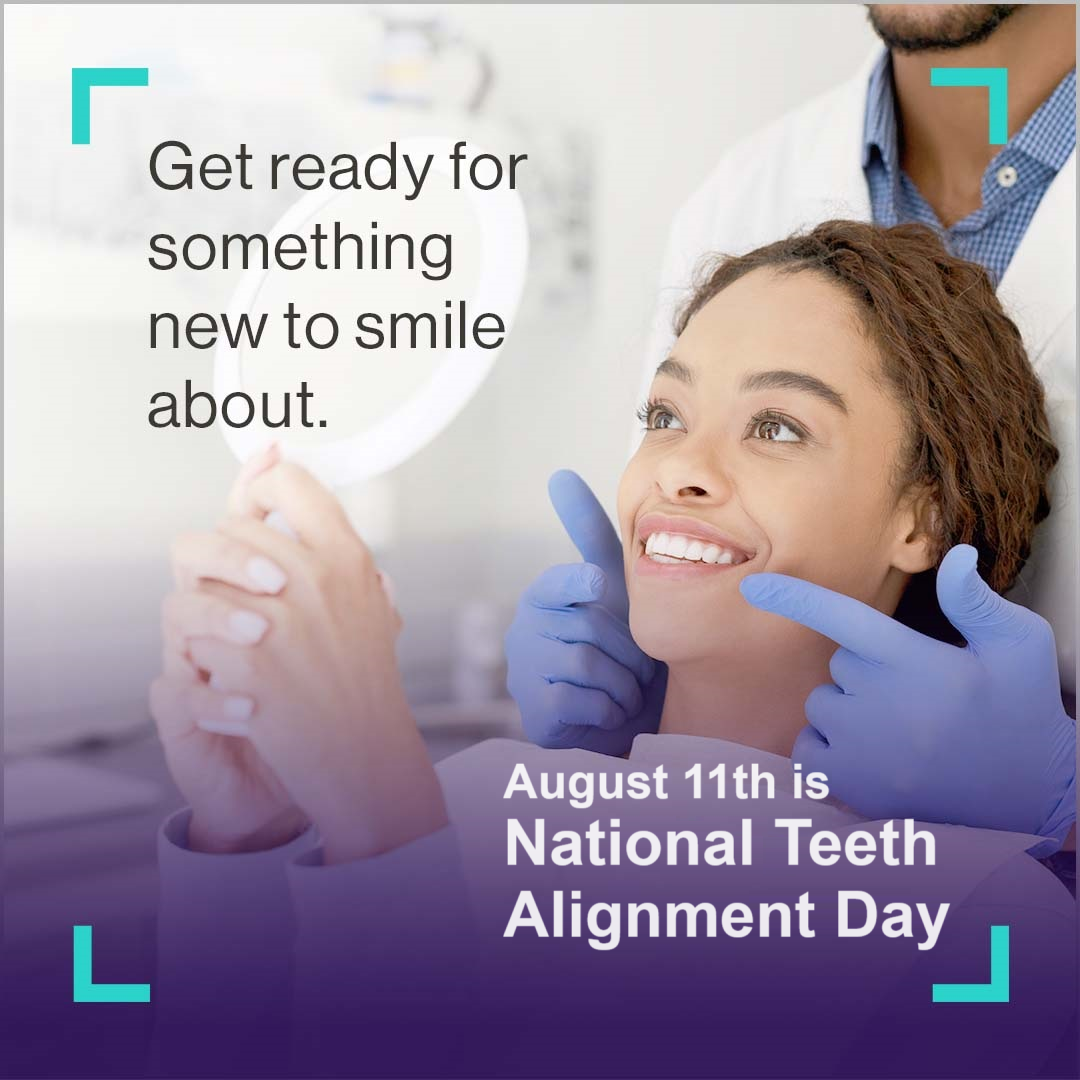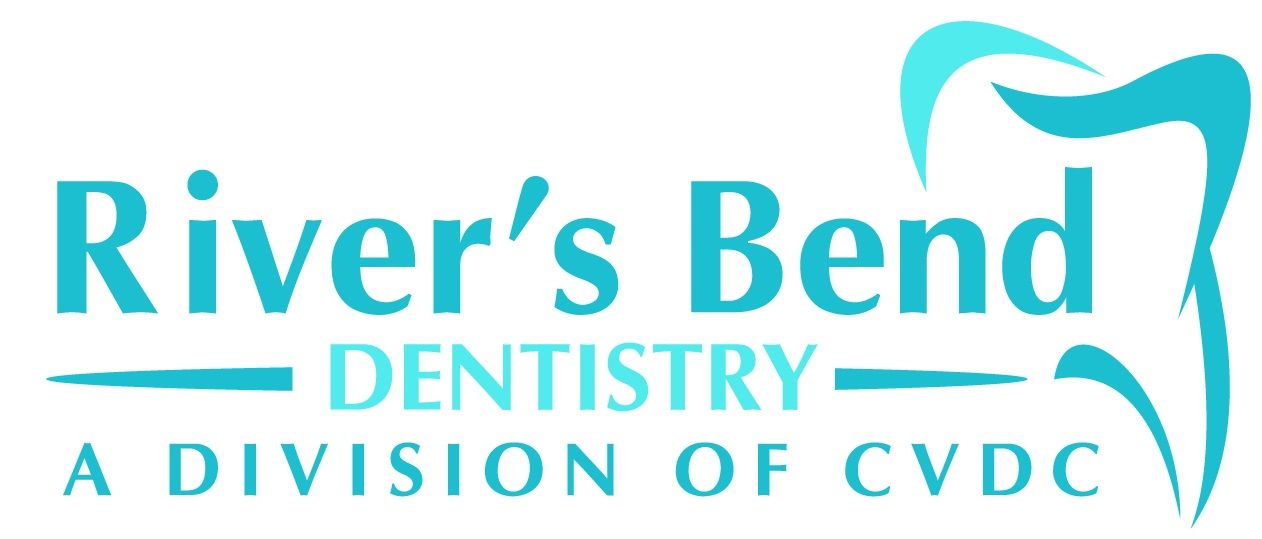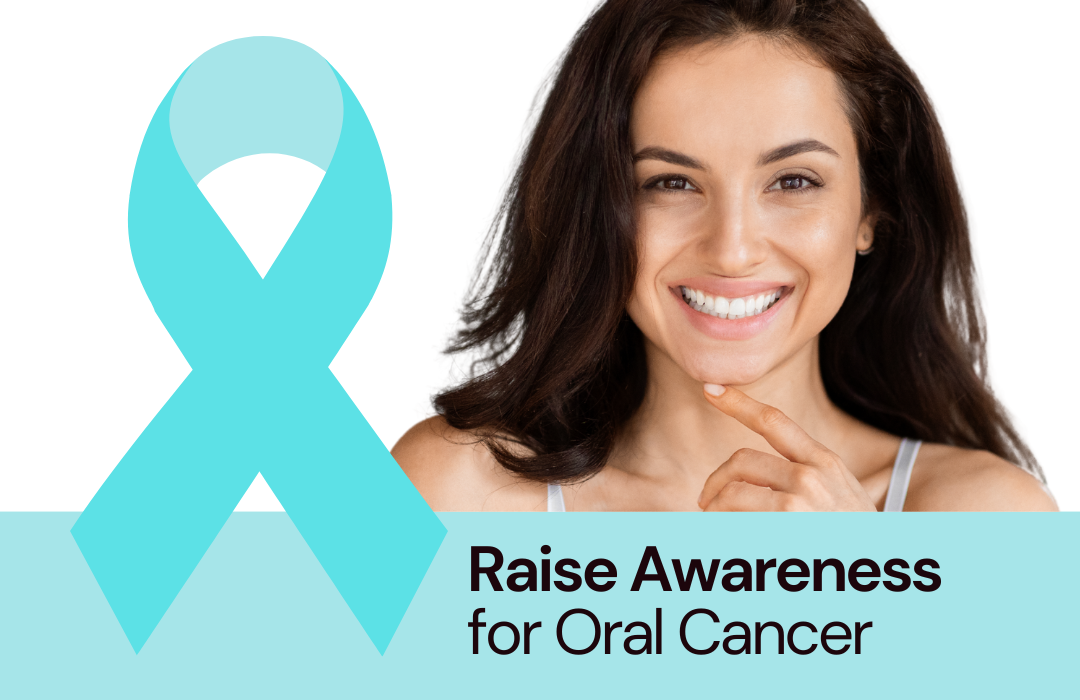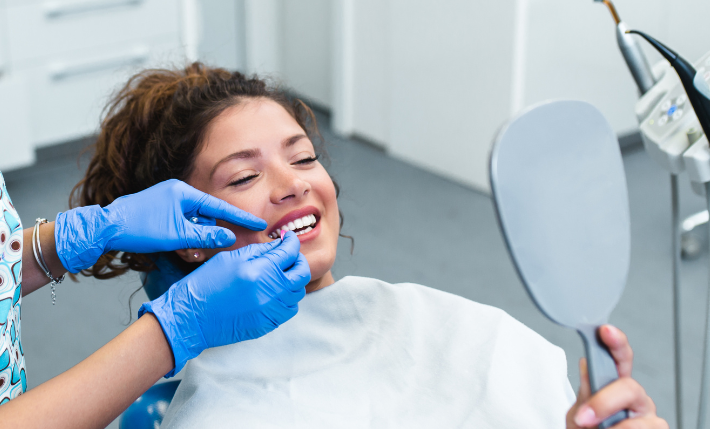Protecting Your Smile During the Winter
River's Bend Dentistry
The body content of your post goes here. To edit this text, click on it and delete this default text and start typing your own or paste your own from a different source.

Teeth grinding, also known as **bruxism**, is a condition where a person grinds, clenches, or gnashes their teeth, often unconsciously. It can happen during the day (awake bruxism) or at night (sleep bruxism), and while it might seem like a harmless habit, it can have serious consequences for your dental health and overall well-being if left untreated. What Causes Teeth Grinding? Teeth grinding can be triggered by a variety of factors, both physical and psychological. Stress and anxiety are leading causes, particularly when it occurs during sleep. People often grind their teeth as a way to cope with tension, though they may not be aware of it. Other causes include: Sleep disorders, like sleep apnea Misaligned teeth or an abnormal bite Lifestyle factors, such as excessive caffeine or alcohol consumption Medications, especially those used to treat depression or anxiety Genetics, as it can run in families Some people may only grind their teeth occasionally, while others experience chronic bruxism, leading to dental damage, headaches, jaw pain, and even temporomandibular joint disorder (TMJ). Can Teeth Grinding Be Cured? The big question: Can teeth grinding be cured? The answer depends on what's causing it. In many cases, bruxism can be managed or significantly reduced, but completely curing it can be challenging, especially when it's related to stress or sleep disorders. However, with the right treatment and lifestyle changes, most people can find relief and prevent further damage to their teeth and jaw. Here’s a closer look at some common approaches to managing bruxism: Stress Management Since stress and anxiety are major contributors to teeth grinding, addressing these underlying issues is key. Practicing relaxation techniques like meditation or deep-breathing exercises can significantly help reduce tension and lower the likelihood of grinding. If emotional stress is a significant factor, working with a therapist to develop coping strategies may be beneficial. Custom Night Guard Protection For people who grind their teeth while sleeping, a custom-made night guard is one of the most effective solutions in terms of protecting your enamel and maintaining the strength of your teeth. These guards are designed to fit comfortably over your teeth, providing a barrier that prevents the teeth from coming into contact with each other. While it won’t stop the grinding itself, it protects the teeth from wear and helps reduce jaw pain. Dental Corrections If bruxism is caused by misaligned teeth or an improper bite, dental corrections like orthodontics or restorative procedures may be an option to discuss with your dentist. Adjusting the way the teeth fit together can alleviate the pressure that leads to grinding, and the subsequent issues such as headaches or jaw pain. It's vital to talk to your dentist and get a thorough evaluation as each patient's condition and treatment plan is highly individual. Lifestyle Adjustments Certain lifestyle changes can reduce the severity of teeth grinding. Limiting caffeine and alcohol intake, especially in the evening, can help, as both are known to interfere with sleep and exacerbate bruxism. Practicing good sleep hygiene—like maintaining a consistent bedtime, creating a relaxing nighttime routine, and ensuring your sleep environment is comfortable and peaceful—can go a very long way. Medication and Therapy In some cases, doctors may prescribe muscle relaxants or medications to address bruxism. Botox injections have also been used to relax the jaw muscles, reducing the intensity of grinding. Cognitive behavioral therapy (CBT) may also be helpful for individuals who desire to become aware of their habits and develop strategies to prevent grinding. The Bottom Line While there is no one-size-fits-all "cure" for teeth grinding, it can be effectively managed. Whether it's through lifestyle changes, stress reduction, or wearing a night guard, most people can find ways to protect their teeth and alleviate the discomfort caused by bruxism. However, if left untreated, chronic teeth grinding can lead to long-term damage like cracked teeth, jaw disorders, and headaches, so it’s important to seek help early. Working with your dentist or healthcare professional will help you determine the best course of action based on the cause of your bruxism. At River's Bend Dentistry, we provide a full evaluation of the mouth and provide custom mouthguards to effectively protect your teeth. Feel free to call our office with any questions or schedule an appointment should you have any concerns about teeth grinding.

Having properly aligned teeth is more than just an aesthetic concern; it’s a crucial aspect of your overall dental health and well-being. When your teeth are aligned correctly, it not only enhances your smile but also promotes better oral hygiene, reduces the risk of dental issues, and even improves your overall health.









